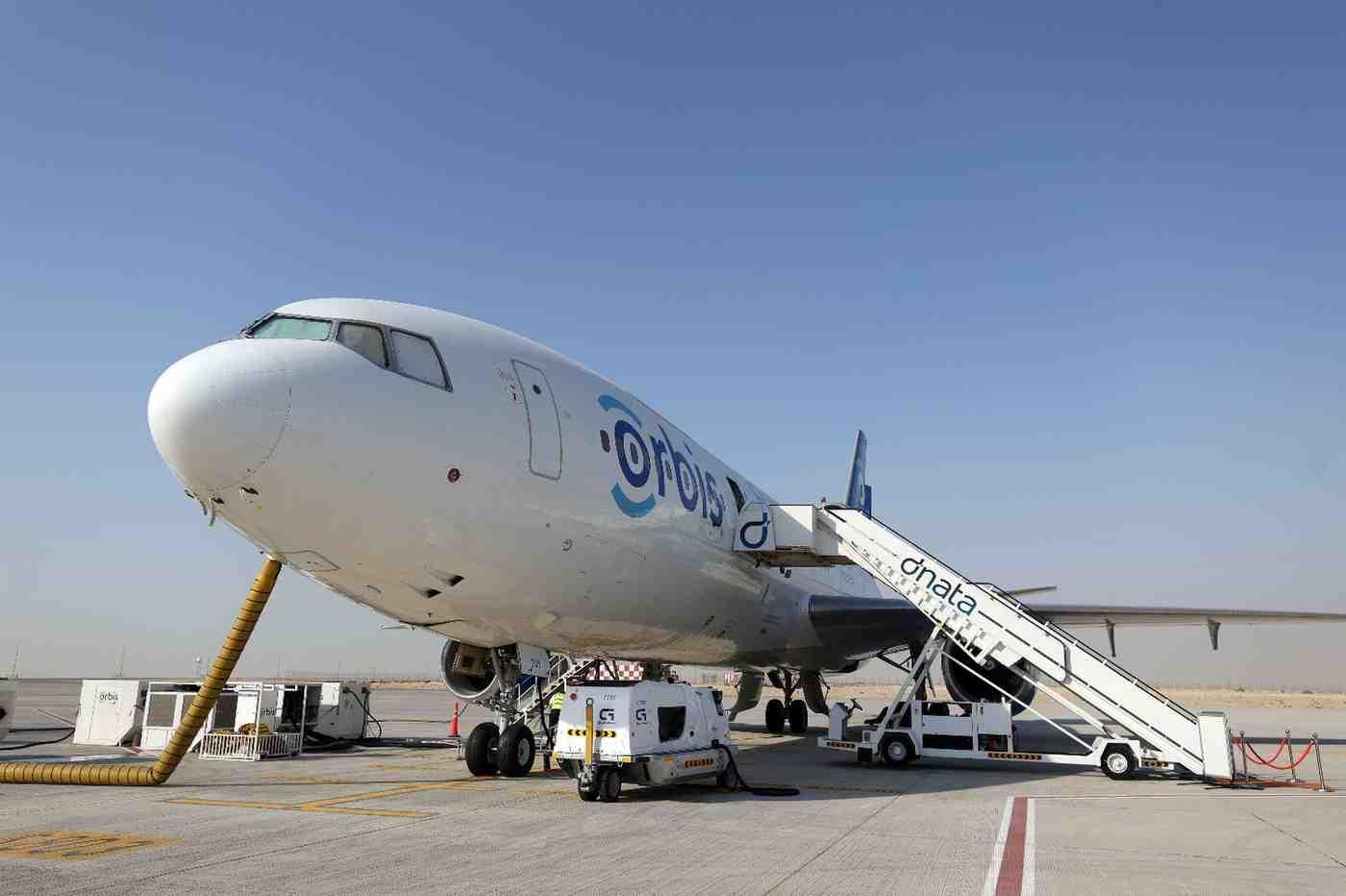A Hospital with Wings: Inside the Orbis Flying Eye Hospital's Mission in Dubai
A unique symbol of hope has landed in Dubai: a retired 1973 FedEx cargo plane, meticulously transformed into the Orbis Flying Eye Hospital. This state-of-the-art mobile teaching facility is on a global mission to combat preventable blindness and strengthen eye care capacity in underserved regions worldwide. Its stop in the UAE is part of a global goodwill tour to raise awareness and foster partnerships.
From Cargo Hold to Operating Room: The DC-10's Second Life
The aircraft's journey from a freight workhorse to a flying beacon of healing is a story of innovation and philanthropy. Donated by FedEx, the DC-10 now houses a fully accredited eye hospital within its fuselage, complete with:
- A modern operating theatre
- A recovery room
- Medical laboratories
- A classroom with audio-visual technology
This transformation was spearheaded by the non-profit Orbis International. FedEx's support continues beyond the initial donation, providing ongoing logistical expertise, technical assistance, and replacement parts to keep the mission airborne.
Keeping a Vintage Aircraft Mission-Ready
Maintaining a 50-year-old aircraft as a cutting-edge medical facility is a significant engineering feat. Valerie Suberg, Senior Manager of Aircraft Maintenance at Orbis, confirms that while sourcing parts for a legacy DC-10 can be challenging, a dedicated network of suppliers and a crew often comprised of former FedEx mechanics—who know the plane intimately—keep it in impeccable, flight-worthy condition.
Meticulous Planning for Maximum Impact
A Flying Eye Hospital mission is a complex operation that requires extensive preparation. The Orbis team begins planning each stop 12 to 18 months in advance. This involves:
- Local Collaboration: Working closely with host country health ministries and local hospitals to identify needs.
- Infrastructure Assessment: Ensuring the destination airport can handle a wide-body aircraft and that the mobile hospital's stringent requirements for sterility and power are met.
- Equipment Donation: Often, Orbis donates vital equipment like surgical microscopes to local partner facilities ahead of the mission to create a lasting legacy.
Bruce Johnson, Director of Aircraft Operations at Orbis, emphasizes that the plane, while a powerful symbol, is just one part of their broader strategy. The majority of their work is delivered through long-term hospital-based programs, a network of country offices, and Cybersight, a telemedicine and training platform that connects eye care professionals globally.
Why Eye Care is a Global Health Priority
Orbis focuses on vision because sight is inextricably linked to opportunity and economic stability. Untreated eye conditions in children can lead to permanent vision loss as the brain learns to ignore a "lazy" eye. In adults, blindness can lead to isolation, loss of education and employment, and can force family members to become caregivers, reducing a household's overall productivity. By restoring sight, Orbis helps restore independence and hope.
The Dubai Stopover: Awareness and Education
During its time in Dubai, the Flying Eye Hospital opened its doors for tours, allowing media, partners, and potential supporters to witness first-hand the innovative work being done inside the aircraft. This stopover was not for live surgeries but served as a crucial platform to raise awareness about the global issue of avoidable blindness and to showcase how technology and partnership can create powerful solutions.
A Legacy Soaring into the Future
Following its Dubai mission, the Flying Eye Hospital continues its journey, with Rwanda scheduled as its next stop. This remarkable aircraft represents a evolving legacy of mobile medical outreach, carrying not just advanced technology and skilled volunteers, but the profound hope of restored sight for thousands around the world.




